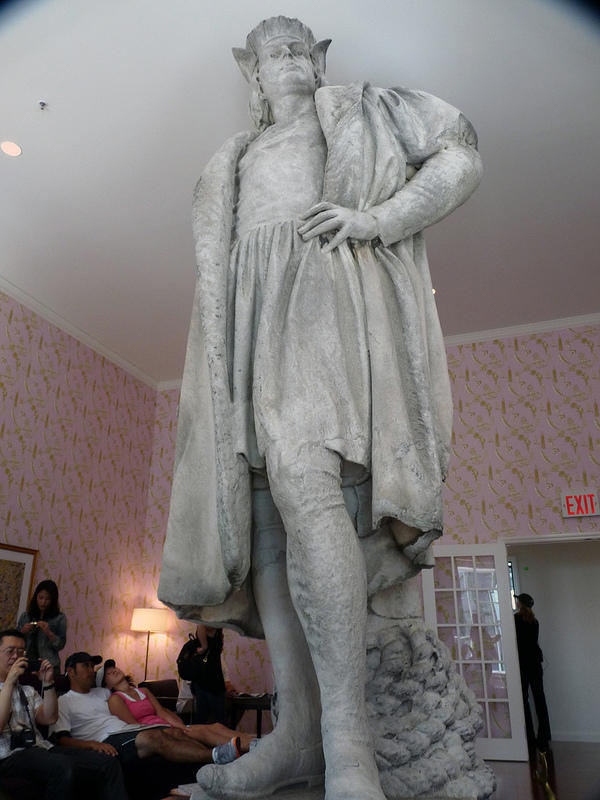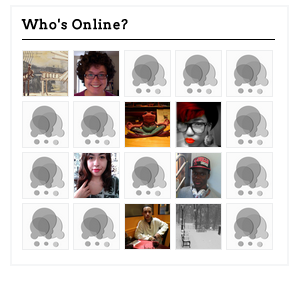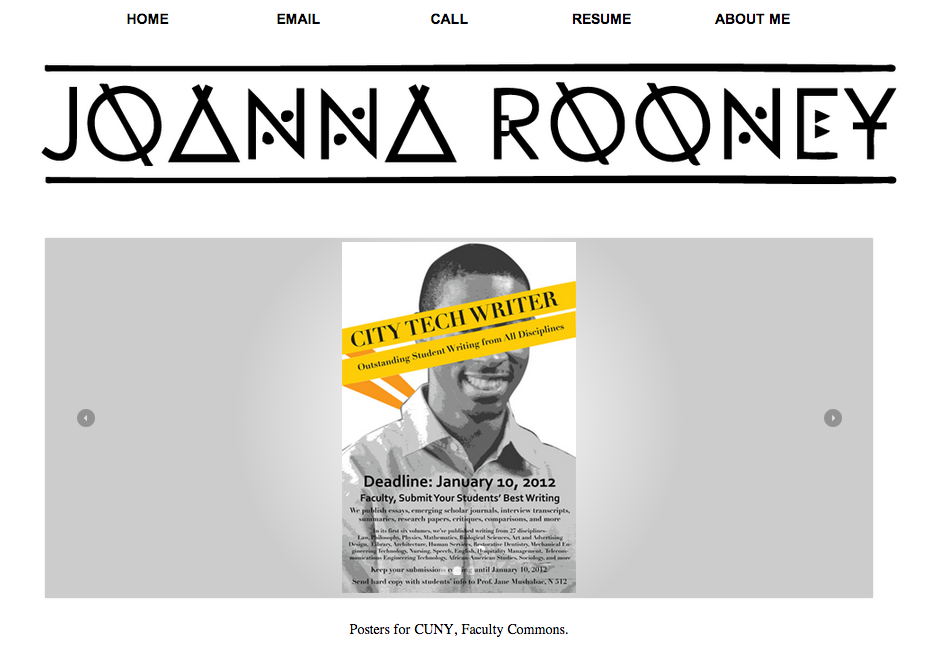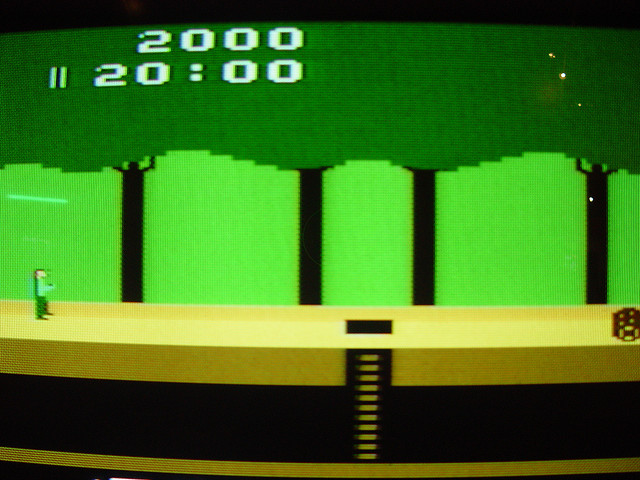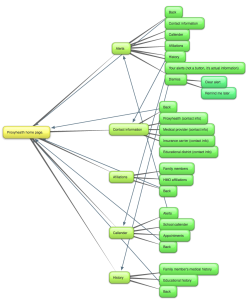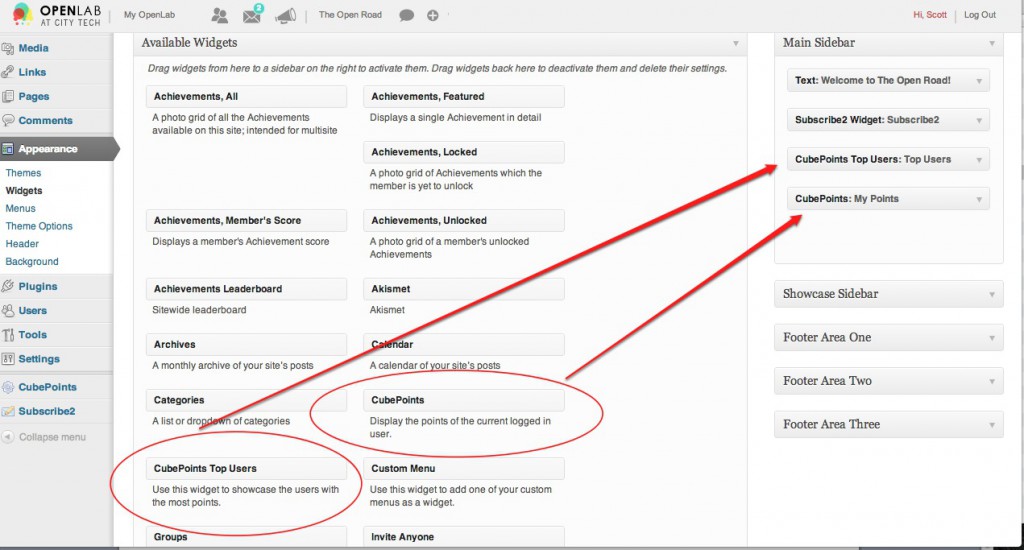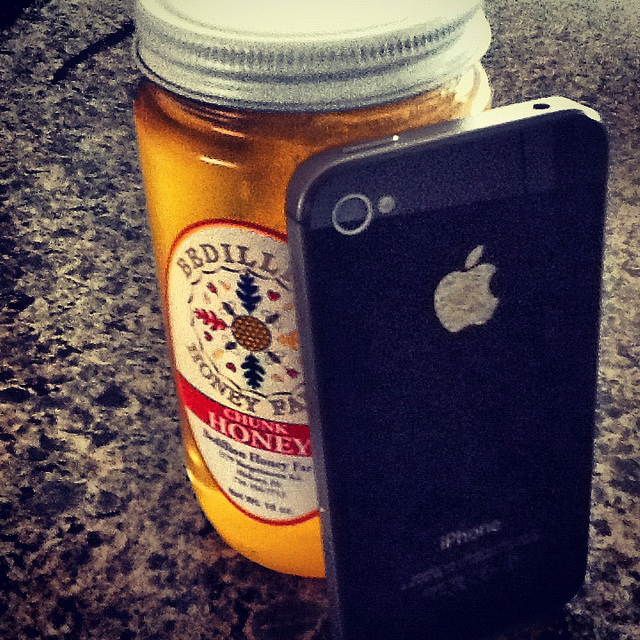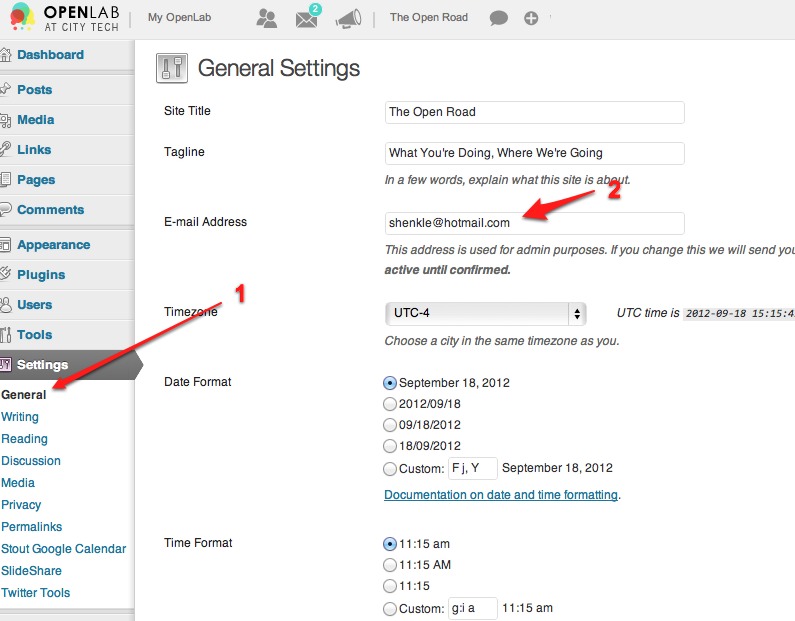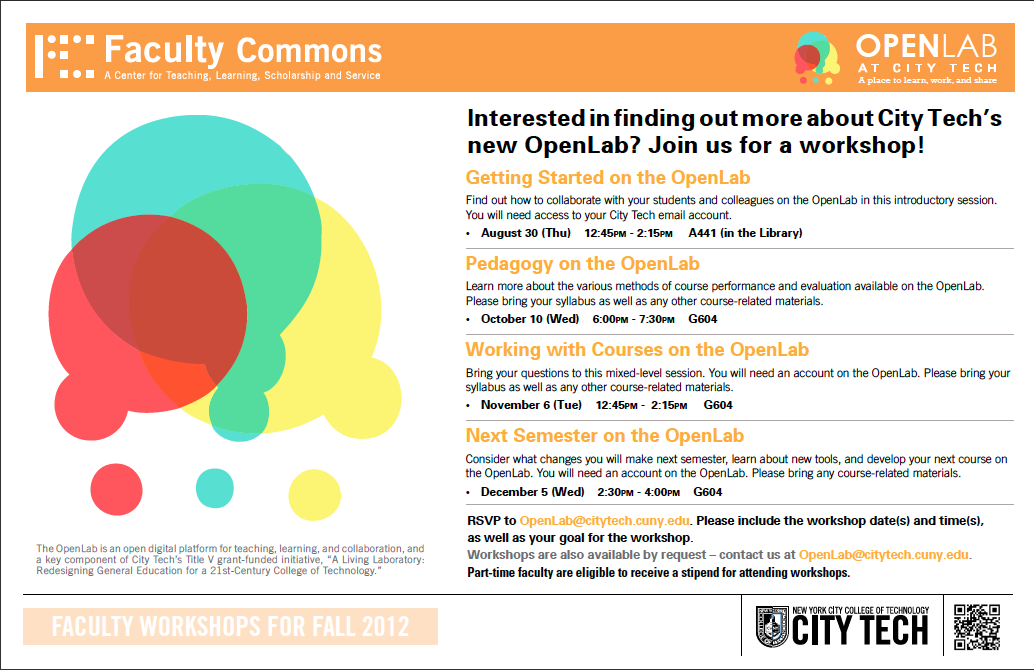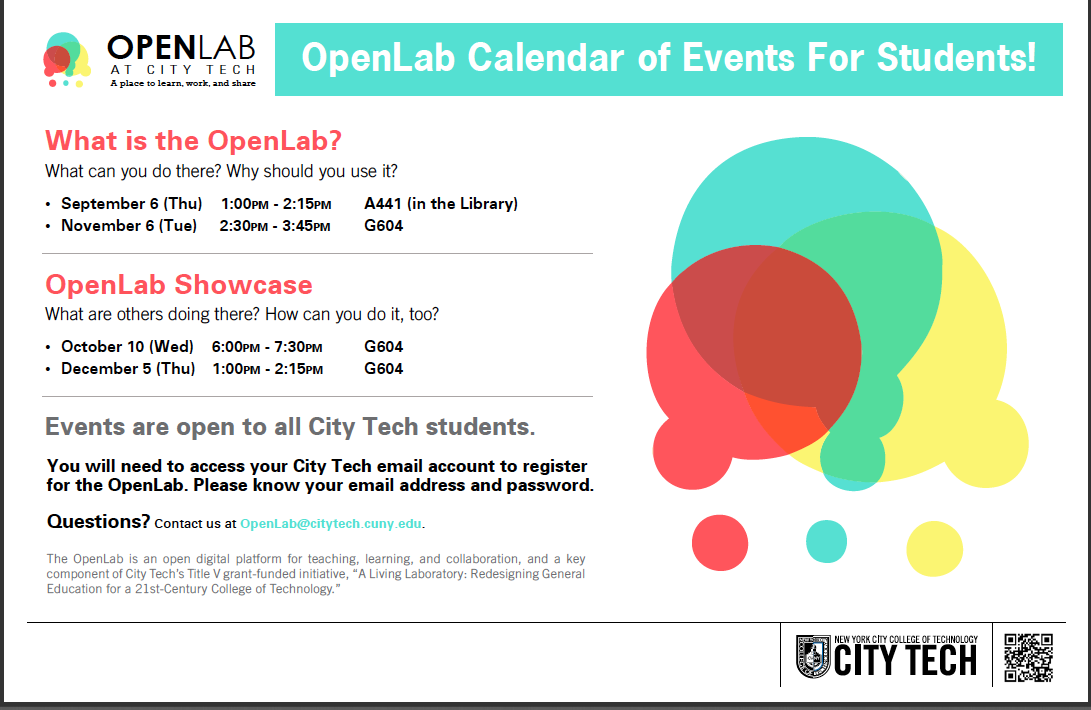
(Borough Hall, 1908. Image in the public domain, retrieved from Wikimedia Commons)
This week we’re featuring student work from around the Open Lab. Hope you enjoy, and feel free to send us any submissions–we’d be happy to feature them in upcoming editions…
_____________________
Featured Assignment: The Blue Caves of New York
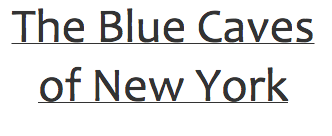
The first of our featured student works comes from Mark Noonan’s The Place Where We Dwell: Reading and Writing About NYC. This nice bit of writing by Shaquill Houston made us very happy… here’s an excerpt:
“The Blue Caves of the city: left and right you see the cave walls of gray and brown rusty rods of steel; above you see the cave’s roof of blue splinted wood; if you have a keen eye, you might even be able to see the mysterious glass stalactite. I call them mysterious because they start glowing at special times of day and you don’t see them under all blue caves. Don’t be ashamed if your blue cave doesn’t have the mysterious glass stalactite.”Your blue cave?”, Yeah “your blue cave”.Why are you puzzled? You’ve seen these caves around all around the city. They aren’t anomalies; they’re abnormally- normal. These caves should not be foreign to you unless you’re new to the city. Only under that condition I’ll cut you some slack but under any other condition shame on you. The “smart guys” like to give everything a scientific name so maybe you know them by their scientific name: scaffolding. My childhood began in one of the blue caves, specifically the blue cavern that was located at 122nd street between Park & Lexington Avenue. I place emphasis on the word because these caves don’t stick around forever, though it may be hard to believe at times.”
Can you guess what the blue caves are? You can read more here!
__________________
Featured Assignment: Welcome To My Complete Dentures I Open Lab!

Our second featured student work is by Crystal Allen who made these Maxillary and Mandibular Diagnostic Casts for dentures in Esther Cuya’s RESD 1111 Complete Dentures I course. Especially great about this assignment (apart from the fact that she, like so many of our City Tech students, is doing things with clear real world impact), is the reflection and description of her process, which is fascinating for those of us who know little to nothing about restorative dentistry. You can read more about that here.
____________________
Featured Assignment: My Building

And our last featured student work was done by Franklin Rojas for Matt Gold’s ENG 1101: Composing Abstractions course. While very simple, the assignment takes advantage of the Open Lab’s ability to mix media, which gives students the opportunity to be very specific and clear in their writing. Plus, Franklin used some great pictures!
____________________
OpenLab Statistics: June 30th to September 30th
Below you’ll find the statistics for the OpenLab for the yearly quarter from June 30th – September 30th, 2012. Check back every few months to watch us grow!
Number of users broken down by students, faculty, staff:
Students: 3636
Faculty: 255
Staff: 56
Number of courses, projects, clubs, portfolios:
Courses 296
Projects 715
Clubs 23
Portfolios 227
Pageviews (for past quarter):
381,000
Average visit duration (for past quarter):
7:52

